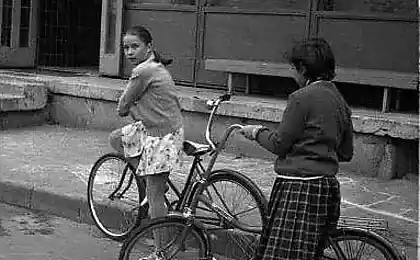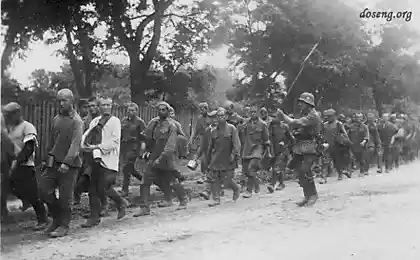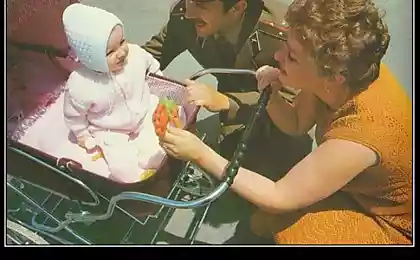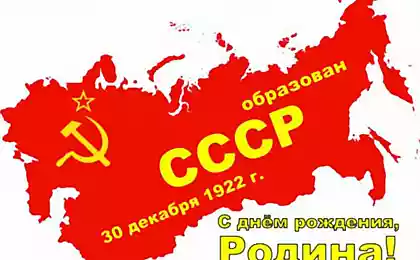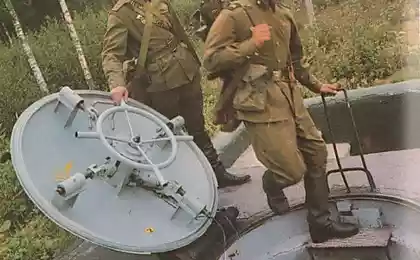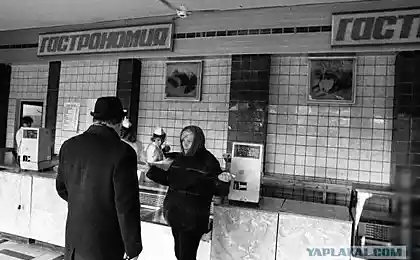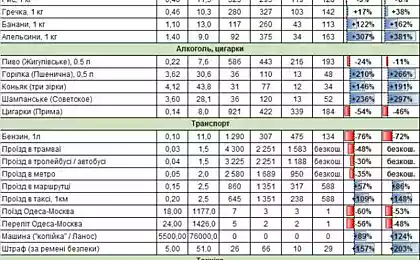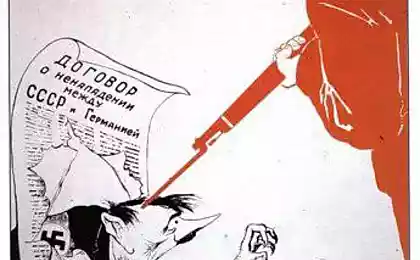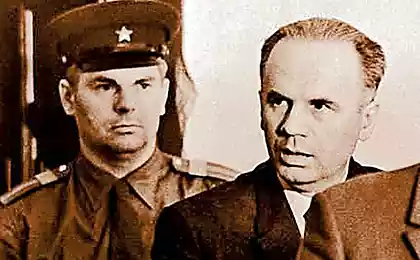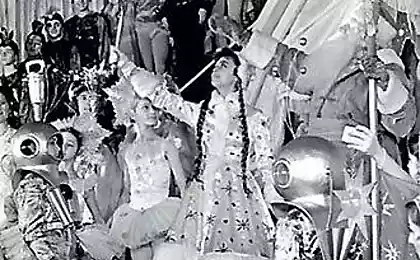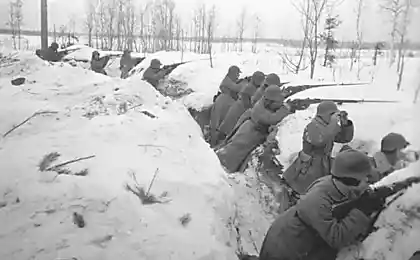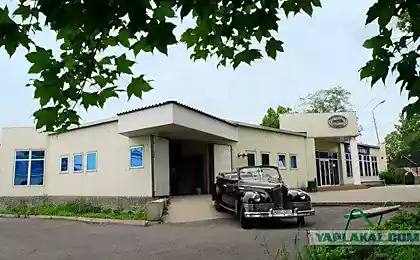173
Should books about Soviet teenagers be banned?
Soviet childhood Many readers remember with great warmth and gratitude. And although, on the one hand, it may seem that the childhood years in the memory of any person are remembered only good, but this is not the case. In Soviet times, the younger generation was really taken care of. Although they did not push children into the box, as is often the case these days.
Surely every young person has heard from older people that their childhood was real. They say that today’s children see nothing but smartphones and computers do not know. But before, when sitting at home was simply boring, young people spent all their free time outside. There really is something to remember about those times.
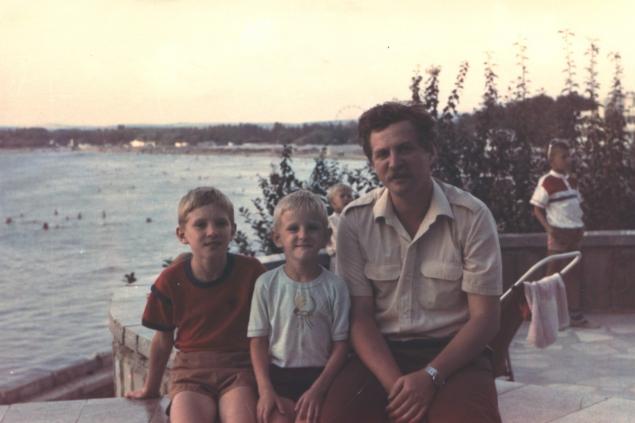
So many fables have been written about the Soviet past that you simply do not understand how we were able to survive that “terrible” time. It seems that soon we will come to the fact that simply ban all Soviet children's books. It’s about what modern children can’t do. For example, to go hiking without adults, writes Maria with irony.
“Of course, child tourism is not officially prohibited. But everything is organized so that it becomes impossible. There are so many demands that you just grab your head. First, without exception, everyone needs to undergo a medical examination. Then notify the police, the Ministry of Emergency Situations and the school administration. Further, provide the whole group with drinking water, because you can not drink spring water, and swimming is allowed only in certified water bodies.
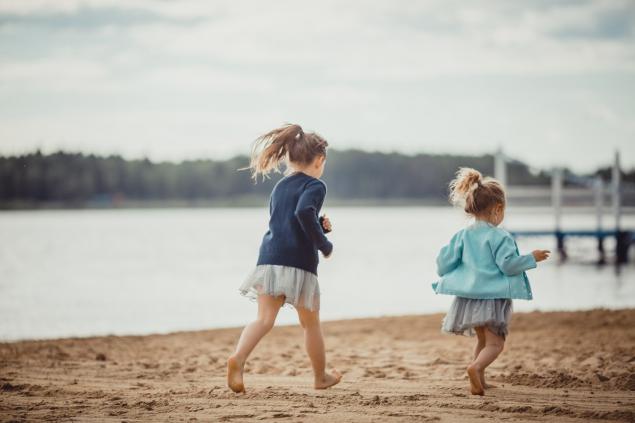
During the training camp, prosecutors checked the work of a teacher they knew and found “violations” for seven pages of the report. In short, 5 claims were singled out: there was no separate toilet in the tent camp, there was no equipped shower, food was cooked outside (not in a tent), food (cans with stew) stood right on the ground, and children took water from the nearest “uncertified” water source. The children were too close to the fire (not less than 5 meters)”.
“It is surprising that often the organizer of a tour is prohibited from making bonfires at all. This can be justified by fire safety. But isn’t it easier to teach adults how to work safely with fire so that they can teach children about it? Or is it even easier to ban it?
The Soviet book “When I was a counselor” tells about the first pioneers who sleep in huts, bathe all day, collect mushrooms and fish for food. They even help local farmers in exchange for food. This and other similar books should also be banned. Otherwise, the current representatives of the younger generation will read and will also want potatoes baked on coals. Well, no, it is better to let them sit at home in their gadgets, Maria laments.
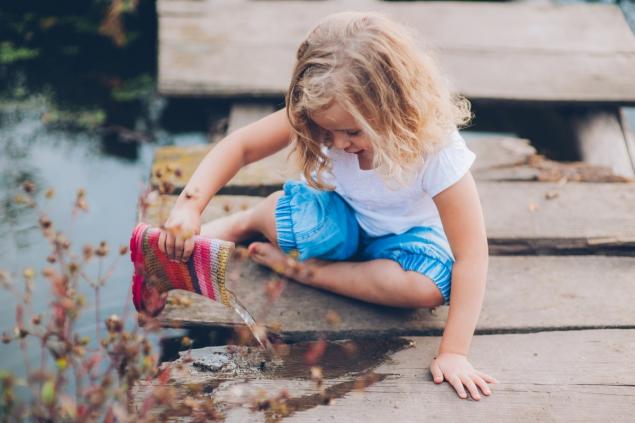
What else do readers remember?
“In our time, I wonder how we survived. Strolling around the fields and construction sites. If you're in trouble, get out of it. If you tear your pants or get dirty, get ready to explain yourself to your parents at home. And now children are driven into such a framework by care and all sorts of prohibitions that it is difficult to understand what can grow out of them, Konstantin reflects.
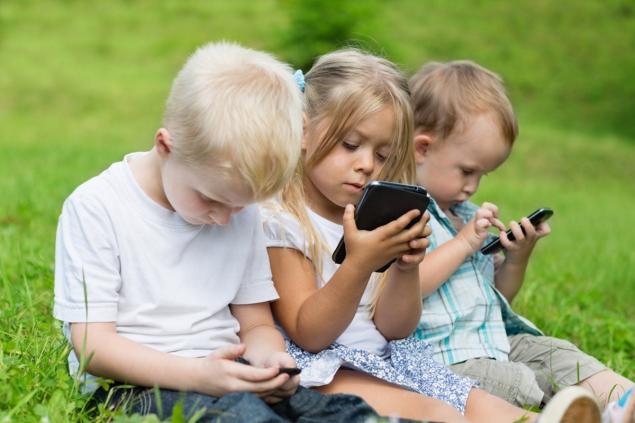
Opinions about Soviet childhood are very different. But were children really more independent than they are today? Or is it just a fiction of those whose childhood years just passed in the 60s and 80s? Don’t forget to share your opinion in the comments.
Surely every young person has heard from older people that their childhood was real. They say that today’s children see nothing but smartphones and computers do not know. But before, when sitting at home was simply boring, young people spent all their free time outside. There really is something to remember about those times.

So many fables have been written about the Soviet past that you simply do not understand how we were able to survive that “terrible” time. It seems that soon we will come to the fact that simply ban all Soviet children's books. It’s about what modern children can’t do. For example, to go hiking without adults, writes Maria with irony.
“Of course, child tourism is not officially prohibited. But everything is organized so that it becomes impossible. There are so many demands that you just grab your head. First, without exception, everyone needs to undergo a medical examination. Then notify the police, the Ministry of Emergency Situations and the school administration. Further, provide the whole group with drinking water, because you can not drink spring water, and swimming is allowed only in certified water bodies.

During the training camp, prosecutors checked the work of a teacher they knew and found “violations” for seven pages of the report. In short, 5 claims were singled out: there was no separate toilet in the tent camp, there was no equipped shower, food was cooked outside (not in a tent), food (cans with stew) stood right on the ground, and children took water from the nearest “uncertified” water source. The children were too close to the fire (not less than 5 meters)”.
“It is surprising that often the organizer of a tour is prohibited from making bonfires at all. This can be justified by fire safety. But isn’t it easier to teach adults how to work safely with fire so that they can teach children about it? Or is it even easier to ban it?
The Soviet book “When I was a counselor” tells about the first pioneers who sleep in huts, bathe all day, collect mushrooms and fish for food. They even help local farmers in exchange for food. This and other similar books should also be banned. Otherwise, the current representatives of the younger generation will read and will also want potatoes baked on coals. Well, no, it is better to let them sit at home in their gadgets, Maria laments.

What else do readers remember?
- At the age of 55, I remember my childhood with a smile. We went up at 4 a.m. with friends for several kilometers to the pond for fishing (sometimes by bicycle, sometimes on foot). They took with them what anyone had: cucumbers, bread, lard, milk, cakes, boiled eggs ... The sun will warm up, let's go swimming. Then the ear in the bucket at the stake... We never went home before seven o’clock.” “There were no phones, and there was no control over them. When they were going to collect birch juice, while they were digging into the banks, they managed to play so much that they barely dragged their feet home. In summer they played football, in winter - hockey on the river. And in the baker, and in the chick, and bouncers, and Cossack robbers. And now children do not know about such games, writes Alexei.
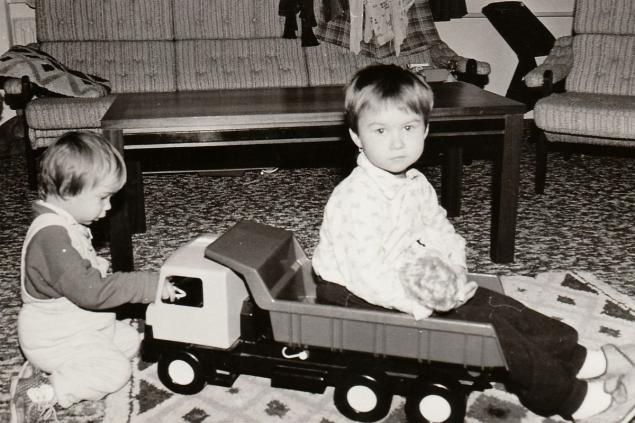
- “Today’s children from their parents, even in the bushes, cannot go away for a few minutes. And this despite the fact that with modern technology, a child can be controlled even at a great distance. We in the 60s ran 8-10-year-old boys a few kilometers from our military town to the river. Always came back with fresh bumps, bruises and scratches, but the parents did not even swear. That was the norm. That was life, Ivan recalls.
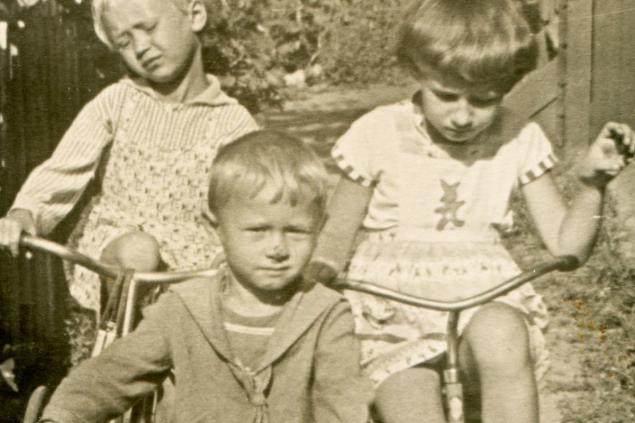
“In our time, I wonder how we survived. Strolling around the fields and construction sites. If you're in trouble, get out of it. If you tear your pants or get dirty, get ready to explain yourself to your parents at home. And now children are driven into such a framework by care and all sorts of prohibitions that it is difficult to understand what can grow out of them, Konstantin reflects.

Opinions about Soviet childhood are very different. But were children really more independent than they are today? Or is it just a fiction of those whose childhood years just passed in the 60s and 80s? Don’t forget to share your opinion in the comments.
Why do numismatists hunt for 10-ruble anniversary coins
I wanted to sleep on Saturday, but my mother opened the door with her key and began to fry chebureki.



